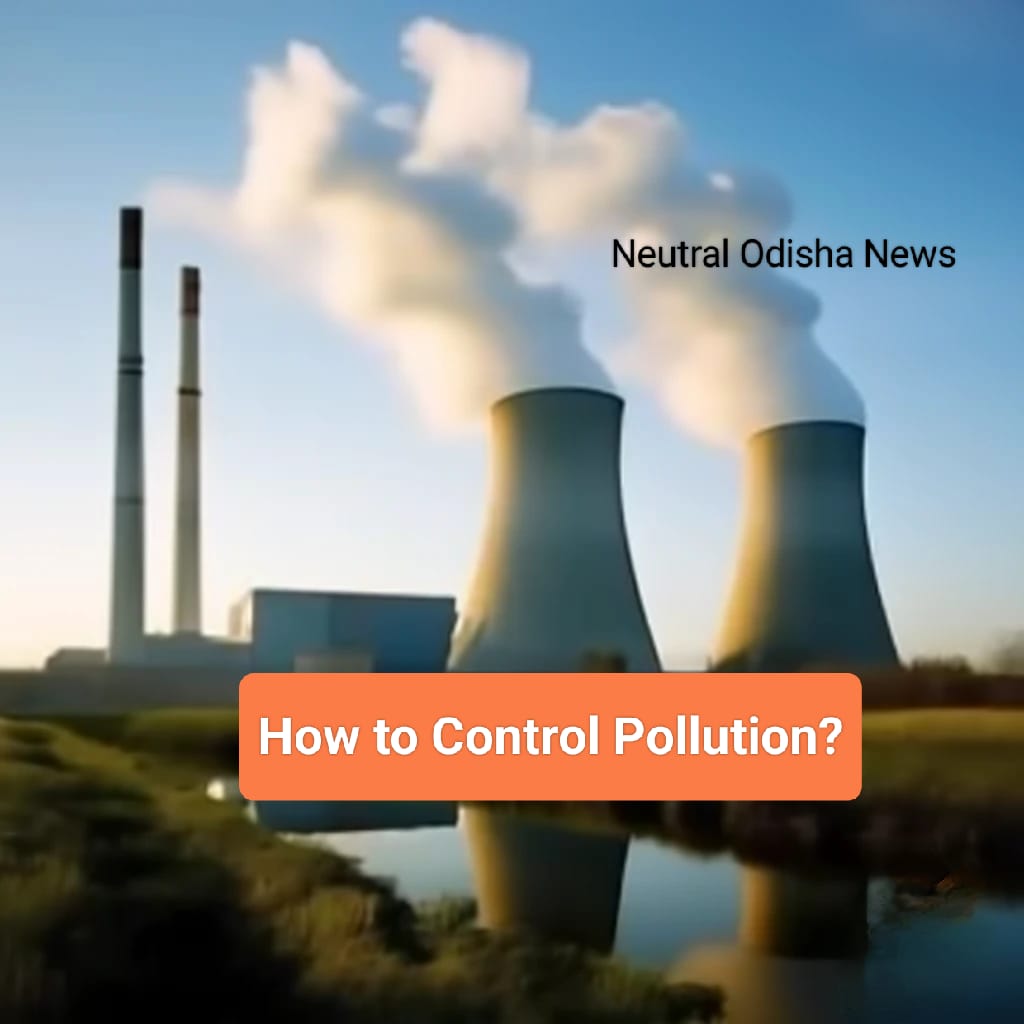Pollution is one of the most pressing environmental issues facing the world today. It affects air, water, and soil quality, posing serious risks to human health, biodiversity, and the planet’s climate. Addressing pollution requires concerted efforts from governments, industries, and individuals. As common citizens, we can play a significant role in reducing pollution through our actions, choices, and community engagement.
This article explores various strategies to control pollution, highlights how individuals can contribute to reducing pollution, and discusses ways to raise awareness about this critical issue.
Understanding Pollution
Before delving into pollution control, it’s essential to understand the different types of pollution:
- Air Pollution: Caused by emissions from vehicles, industrial processes, and household products, leading to respiratory issues and environmental damage.
- Water Pollution: Arises from industrial waste, agricultural runoff, and plastic waste, contaminating freshwater sources and marine ecosystems.
- Soil Pollution: Results from improper disposal of chemicals, waste, and industrial by-products, affecting soil fertility and food safety.
- Noise Pollution: Generated by traffic, industrial activities, and urban development, leading to health problems and disturbances in wildlife.
Strategies to Control Pollution
- Government Regulations:
- Governments should implement and enforce stricter environmental regulations, including emissions standards for industries, waste disposal laws, and limits on pollutants.
- Investment in renewable energy sources, such as wind, solar, and hydroelectric power, can reduce dependence on fossil fuels.
- Sustainable Urban Planning:
- Cities should adopt sustainable practices, such as creating green spaces, promoting public transportation, and developing bike-friendly infrastructure to reduce vehicular emissions.
- Waste Management:
- Efficient waste management systems, including recycling programs, composting, and proper disposal of hazardous waste, are crucial in controlling pollution.
- Encouraging businesses to adopt sustainable practices, such as reducing packaging and using eco-friendly materials, can significantly decrease waste.
- Promotion of Clean Technologies:
- Investing in clean technologies for industries and promoting their use in households can help reduce emissions and environmental impact.
How Citizens Can Help Reduce Pollution
As common citizens, our everyday choices and behaviors can significantly influence pollution levels. Here are several actionable steps we can take:
- Reduce, Reuse, Recycle:
- Reduce waste by minimizing single-use items and choosing products with less packaging.
- Reuse containers and materials whenever possible.
- Recycle paper, plastic, glass, and metal to divert waste from landfills.
- Conserve Energy:
- Use energy-efficient appliances and light bulbs to reduce electricity consumption.
- Unplug devices when not in use and opt for natural light during the day.
- Support renewable energy sources by using green energy plans if available.
- Opt for Sustainable Transportation:
- Walk, bike, carpool, or use public transportation to reduce emissions from personal vehicles.
- If driving is necessary, consider fuel-efficient or electric vehicles.
- Plant Trees and Support Green Spaces:
- Participate in tree-planting initiatives to improve air quality and promote biodiversity.
- Support local parks and community gardens to enhance green spaces in urban areas.
- Practice Responsible Water Use:
- Use water wisely and avoid unnecessary wastage. Fix leaks and consider using rainwater harvesting systems.
- Avoid pouring chemicals or non-biodegradable substances down the drain.
- Choose Eco-Friendly Products:
- Select products with eco-friendly certifications and avoid those containing harmful chemicals.
- Support businesses that prioritize sustainability and ethical practices.

Raising Awareness about Pollution
Raising awareness is crucial in mobilizing communities to combat pollution. Here are some effective strategies:
- Community Engagement:
- Organize workshops, seminars, and community clean-up drives to engage citizens in environmental protection efforts.
- Encourage participation in local environmental organizations and initiatives.
- Utilize Social Media:
- Use social media platforms to share information, promote events, and discuss pollution-related issues.
- Create and share infographics, videos, and articles that highlight the impacts of pollution and steps to mitigate it.
- Educational Programs:
- Advocate for environmental education in schools, focusing on the importance of pollution control and sustainable practices.
- Collaborate with local schools and organizations to implement educational programs about pollution.
- Petitions and Advocacy:
- Organize or support petitions calling for stricter environmental regulations and policies at local and national levels.
- Engage with policymakers and advocate for community-driven solutions to pollution.
- Celebrate Environmental Days:
- Participate in and promote observances like Earth Day, World Environment Day, and Clean Air Day to spread awareness and encourage action.
Controlling pollution is a shared responsibility that requires proactive engagement from all sectors of society. As citizens, we have the power to influence change through our choices and actions. By adopting sustainable practices in our daily lives and raising awareness in our communities, we can significantly reduce pollution and contribute to a healthier environment. Together, our collective efforts can lead to a cleaner, greener, and more sustainable future for generations to come.




